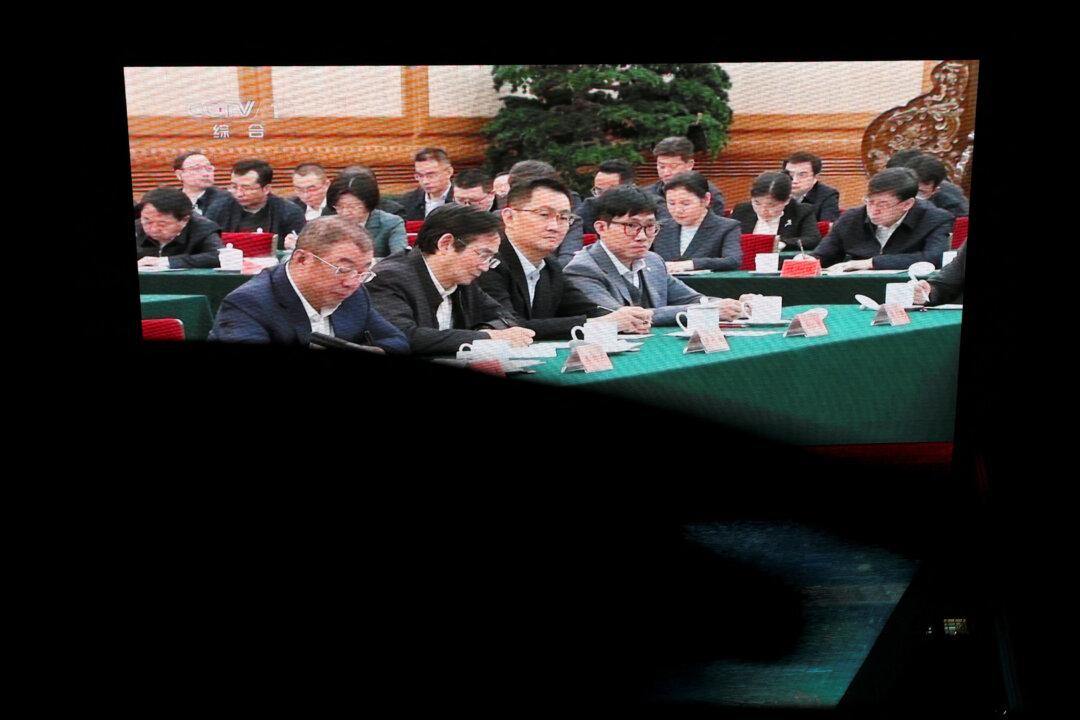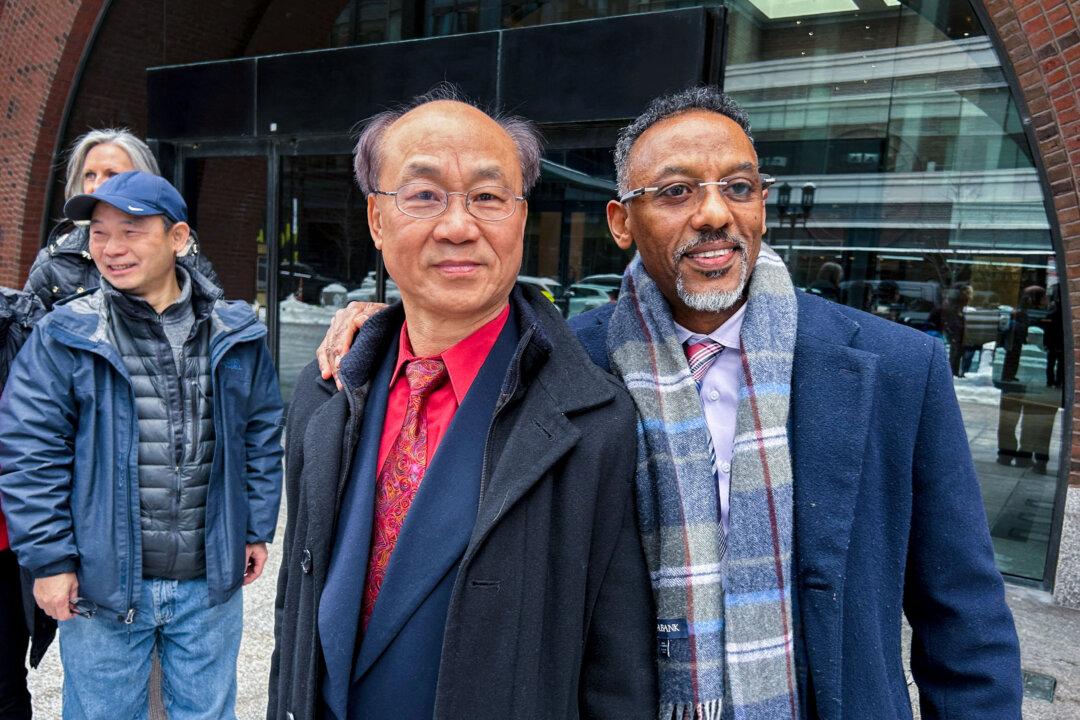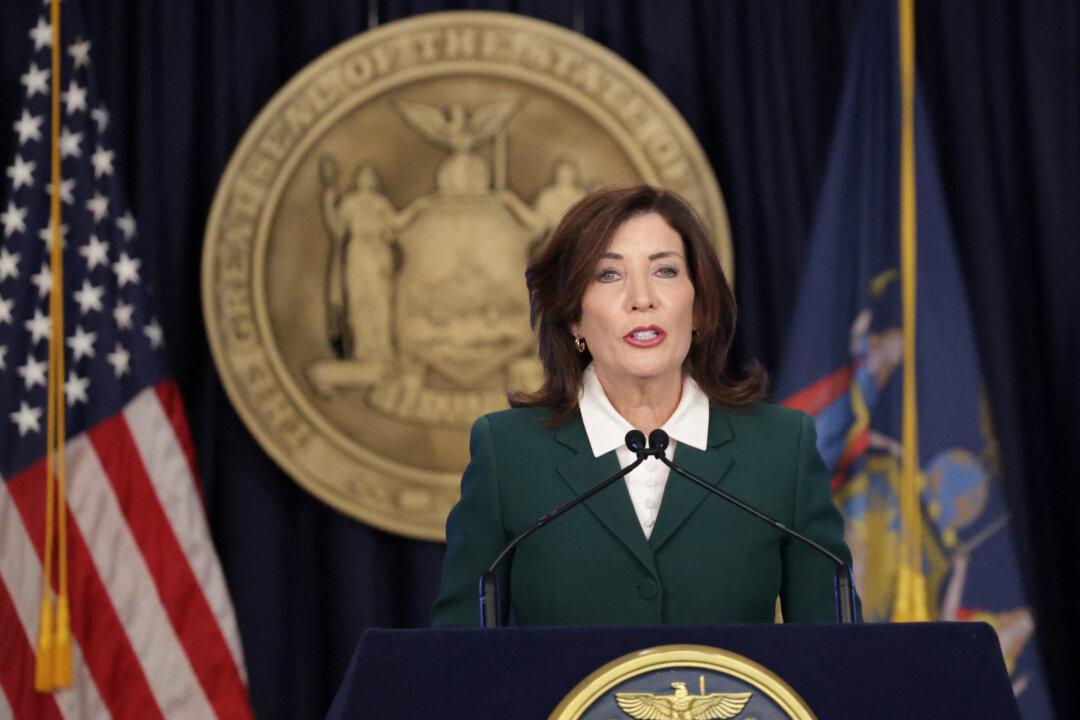A TikTok executive recently told the UK Parliament that while users’ personal data collected by the app can be remotely accessed in China, the company would never provide the data to the Chinese Communist Party (CCP).
However, it appears the reassurance has done little to ease the concerns around the social media giant and its Beijing-based, Cayman Islands-incorporated parent company ByteDance.

Correspondence With UK Lawmaker
TikTok in November updated its Privacy Policy, revealing that certain entities within its corporate group in countries, including China, have remote access to European TikTok users’ personal data.Kanter said TikTok is a “a global company with a global leadership team” that is separate from ByteDance’s China-based subsidiary Douyin, whose employees do not have access to TikTok UK users’ personal data.
‘No Reason’ to Trust
Prangley, communications and policy officer and China commentator at the Henry Jackson Society, said she did not find Kanter’s letter reassuring.First, ByteDance “has an internal CCP committee,” she said, adding that with 9.7 million CCP members in China, it’s “highly likely” that a China-based employee can access the data and streamline it to the government.
Asked about the safeguard measures TikTok said are taken around data access, including having a U.S. team to oversee the process, Prangley said the fact that the app is being banned on government devices in the United States shows that U.S. government officials and security officials “don’t trust that either.”

Prangley said the technical language in the company’s new privacy policy is “very broad,” and would need to be “much more detailed to make it clear how that process works.”
She also referenced China’s National Intelligence Law, which requires all organisations and citizens to “support, assist, and cooperate with national intelligence efforts.”
“This is just where you cannot trust the Chinese government,” Prangley said, adding employees could be “coerced into sharing whatever particular piece of information will be desired at the given time.”
Herman, senior fellow at U.S. think tank Hudson Institute, also said there is “no reason” to trust TikTok.
TikTok and ByteDance’s track record show they “will do whatever the Chinese government orders them to do” and there is “no reason to trust them, no reason to believe any of those assurances.”
Having written extensively on TikTok and Chinese telecommunication giant Huawei, Herman said the relationships between these companies, their executives, their operations, and the CCP are “exactly the same.”
Data Harvesting
In the United States, TikTok has long been the subject of congressional scrutiny over its ties to the CCP and its practice of sending user data to ByteDance employees located in China.‘Brainwashing App’
FBI Director Christopher Wray has repeatedly said TikTok is a national security threat to the United States and that, among other concerns, ByteDance’s control of the app’s algorithm makes it vulnerable to CCP manipulation.Herman said TikTok uses algorithms to identify users’ preferences and feed content “in ways that we don’t really understand.”
“The degree to which they’re able to add or manipulate those preferences in order to shape the thinking, the understanding of their users ... When you think about this, then really it’s not just as a social media app but as a brainwashing app,” he said, adding that the curation includes leaving out content such as the treatment of the Uyghur people in China, the Great Leap Forward and the Great Famine, and the Cultural Revolution.
Totalitarian State
Acknowledging that censorship and bias also present problems on other social media platforms, Herman said it “doesn’t detract from the fact” that TikTok “is doing this manipulation and that it’s collecting the data,” adding that the manipulation and data collection cannot be viewed separately.The major issue, he stressed, is that China is “an adversary” with a “totalitarian government.”

Jose Gil/Shutterstock
“We’re talking about a country which means us harm and which means to break and pull apart the alliances that hold the United States and Britain and NATO together, who see this as part of their larger strategic picture,” he said.
“And to have such a social media platform. It’s controlled by an adversary, it’s owned by an adversary, maintained by engineers who work for that adversary and is collecting data for use by that adversary’s military and intelligence services. We’ve got a big problem.” he said, adding people should demand the both the White House and Westminster “do something about it.”
Economic Influence
Besides TikTok’s intensive data harvesting, highly sophisticated algorithms, and reported plan of tracking individuals, Prangley believes the “biggest threat” the video sharing giant presents is its economical influence.Referencing the influence the Chinese regime wielded in Africa, Latin America, and the Middle East, Prangley said: “Money is power. If China has the upper hand in that, whether it’s trade, whether it’s selling ‘Made in China’ products everywhere, I think that’s where the threat for the West lies.”
ByteDance and TikTok didn’t respond to The Epoch Times’ requests for comment.





